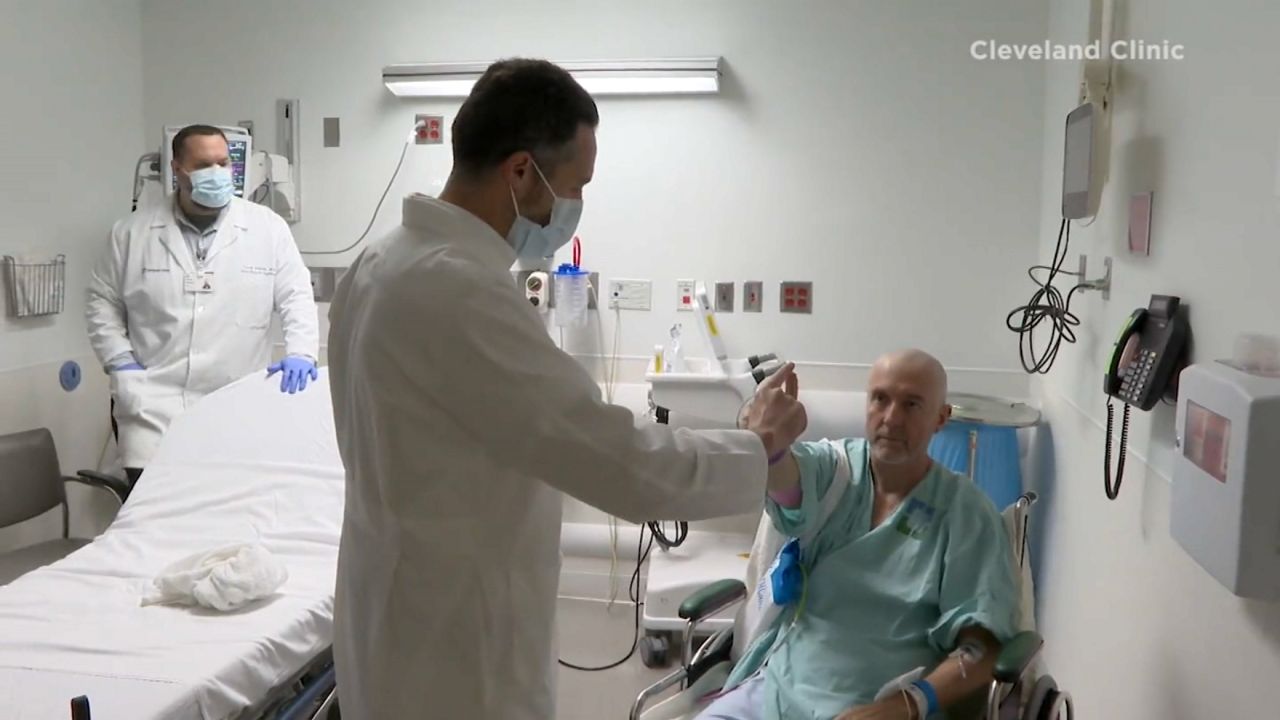Around 65,000 New Yorkers live with Parkinson's disease. The neurodegenerative condition affects the body’s nervous system and body parts controlled by nerves.
Experts say there’s no singular test that identifies or diagnoses people with Parkinson’s disease — it’s currently diagnosed by clinical exams and medical histories.
Dr. Anupama Kale, a movement disorder specialist with DENT Neurologic Institute in Buffalo, says there is promising news relating to research on Parkinson’s disease. She says a skin biopsy helps identify a protein called alpha-synuclein. According to Kale, we all have the protein in our brains and nerve cells, but this test detects abnormal proteins.
"What happens in Parkinson's disease is that those proteins abnormally change shape," said Kale. "They kind of fold and clump up. And so they accumulate in the brain and the nervous system. And so used to be that we couldn't identify these proteins until someone had am autopsy. But now with the skin biopsy, we can also identify it in the skin."
Kale says the skin biopsy can only accurately identify whether someone has abnormal alpha-synuclein in their skin and she stresses it cannot actually predict or diagnose Parkinson’s disease. She says it can point medical professionals toward or away from the condition because it’s finding a biological marker that can be seen in people with Parkinson’s disease and other similar disorders.
To learn more about the skin biopsy and studies associated with it, click here.



